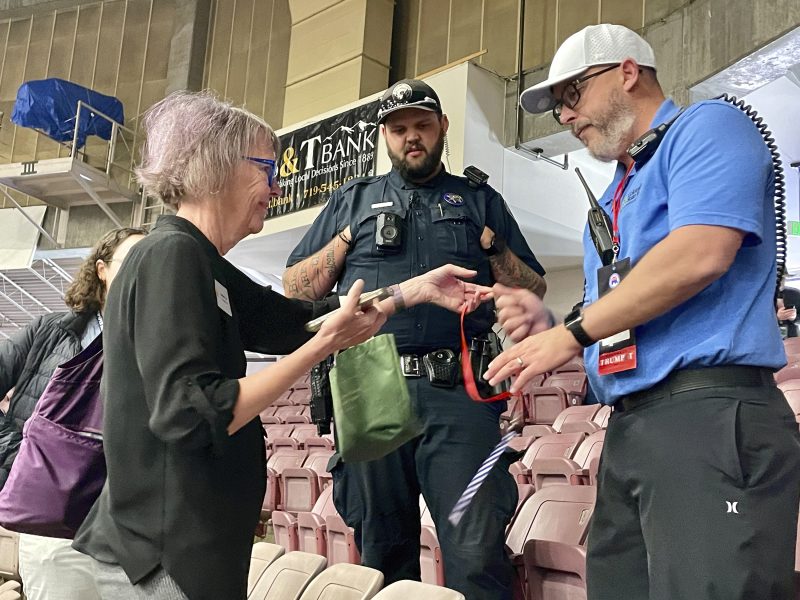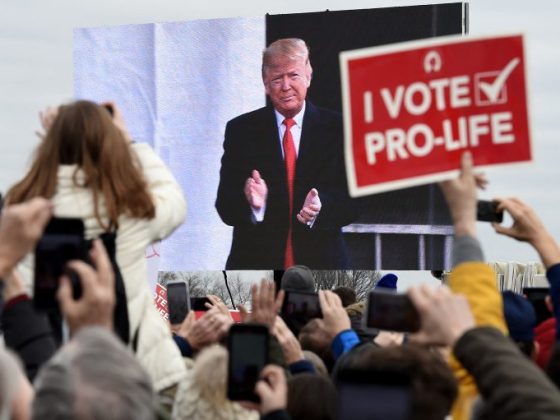The recent events involving the Colorado GOP and a local reporter have ignited discussions surrounding the concepts of impartiality, freedom of press, and journalistic ethics. This incident, where the Colorado GOP ousted a reporter, purportedly claiming unfair coverage, is raising numerous questions on the current state of political reporting and the manner in which political organizations contend with the press.
Sergio Martínez-Beltrán, a political reporter with Colorado Public Radio (CPR), was the journalist barred from the event, sparking discussions about reporter’s rights and the role of media in political functioning. The Colorado Republican Party had their annual retreat, and although the occurrence is typically open to journalists, Martínez-Beltrán found himself uninvited due to alleged biased coverage.
While specifics about the alleged biased reporting aren’t clear, the Colorado GOP believes the lack of impartiality presented by Martínez-Beltrán compelled them to take this unprecedented step. The decision involved collaboration among the leadership team, whose members believe that this was a necessary step to ensure the event reflected diverse and equitably weighed perspectives.
From a journalistic perspective, the decision to oust a reporter set new grounds, bringing the discussion on media freedom to the forefront. Organizations such as CPR believe in the critical role that journalism plays in providing accurate, unbiased coverage, ensuring the public is informed of their elected representatives’ actions and decisions. Ousting a reporter based on the claim of unfair coverage is a symbolic gesture undermining this significant role, suggesting a strain on the cordial relationship that had so far existed between the GOP and the press.
The incident thus ignited an internal debate within the Colorado GOP, questioning the precedent it set. While some members agreed with the leadership that unfair coverage warranted such reactions, others were concerned about the implications this might have on their relationship with the press and, by extension, the electorate. Critics argue that the party should embrace the press, even when coverage may not always be favorable.
Externally, the move to exclude Martínez-Beltrán from the event sparked backlash among journalistic bodies and freedom of press advocates. They argue that disconnecting from a reputable journalistic source due to perceived criticism represents a breach in the constitutionally protected freedom of the press. Moreover, they voiced concerns that such actions could create an unfavorable precedent that risks eroding the free press’s fundamental role in democracy.
Critics of the decision also argue it fosters a narrative that encourages the public to distrust media outlets, further polarizing an already politically divided populace. Such a narrative has serious implications for the democratic process, they argue, as it threatens unbiased, factual coverage and obscures the line between factual news reporting and political spin.
The ousting event brings to light several issues surrounding media freedom, journalistic ethics, political attitudes towards reporting, and overall democracy health. It is a reminder of the delicate balance that exists between political bodies and the media, a balance that, when disturbed, could have far-reaching impacts on the democratic process and public trust. Whether this incident will change the manner in which political bodies interact with the press is uncertain. However, it may serve as a wakeup call for everyone involved in the dynamic journalism and political nexus, prompting introspection and grappling with the concepts of fairness, transparency, democracy, and press freedom.











